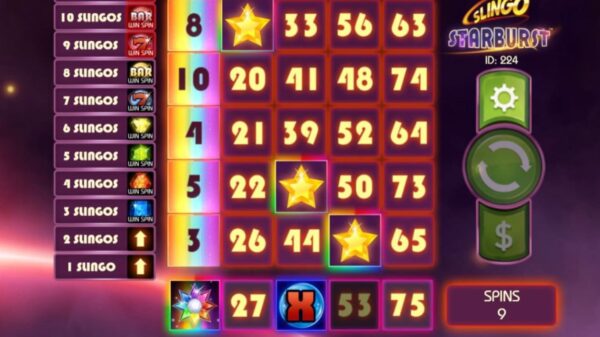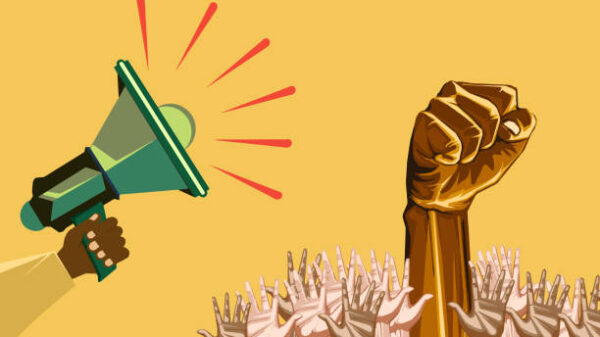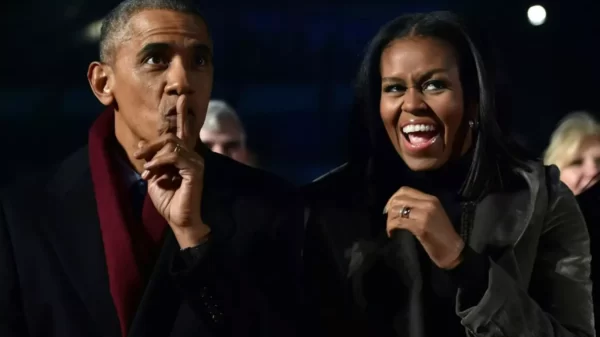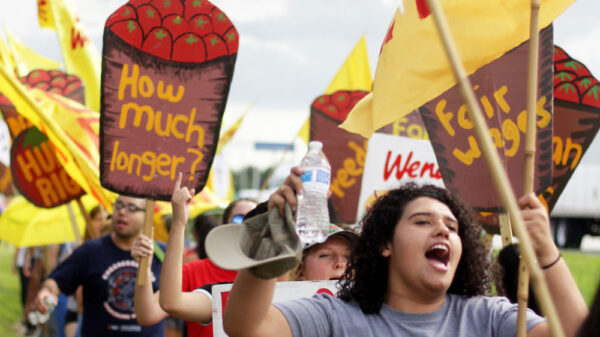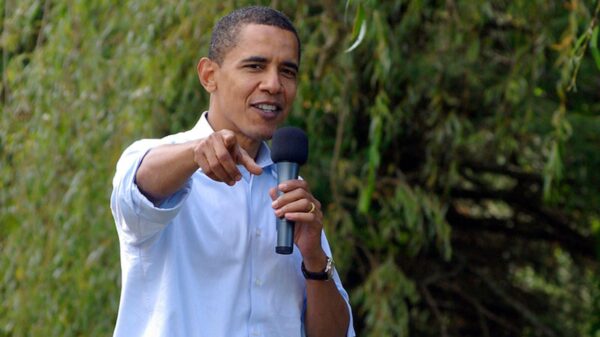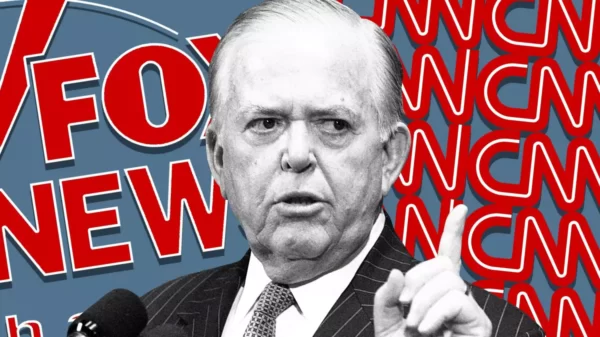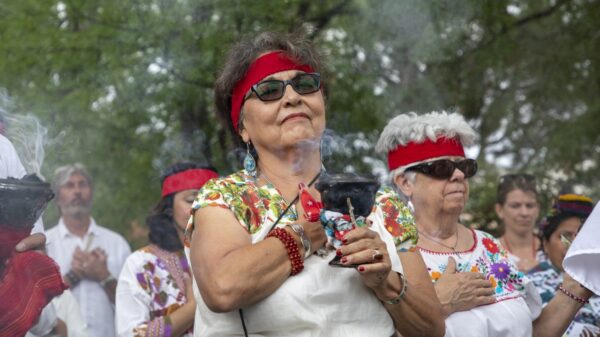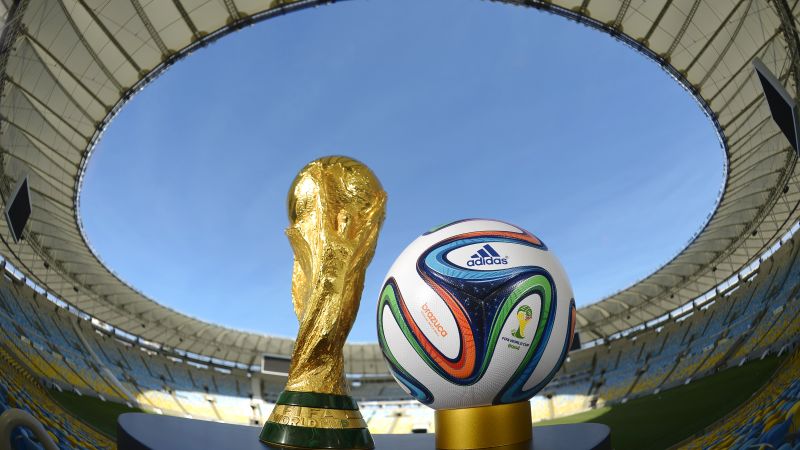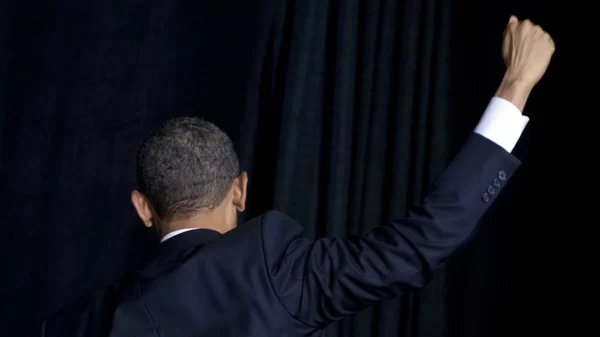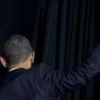PHOENIX (By Jon Garrido, The Jon Garrido Network) August 2, 2010 — On July 11, 2010, almost 25 million people in the United States watched Spain beat the Netherlands and take the World Cup. That is is a record audience for a telecast of a soccer game.
According to Nielsen, 24.3 million people watched the game, which ran two-and-a-half-hours. Walt Disney Co.’s ABC had 15.5 million viewers while Univision drew 8.8 million viewers.
The appeal of soccer has been growing steadily in the United States for years and the 24.3 million figure is not far behind the 28.2 million that tuned into Game 7 of the NBA final between the Los Angeles Lakers and Boson Celtics last month.
Overall, ESPN said its coverage of 64 matches averaged about 3.3 million viewers on ABC, ESPN and ESPN2. That’s a 41% improvement from 2006, when the games averaged 2.3 million viewers.
For trivia buffs and vuvuzela blowers, the second-most-watched match was between the U.S. and Ghana at the end of June. That battle, which knocked the U.S. out of the competition, averaged 19.4 million viewers. The third-most-watched game was between Brazil and Italy in 1994, which was seen by 18 million.
Group to pitch Glendale’s University of Phoenix Stadium as World Cup site
A local delegation will travel to New York on Labor Day weekend to present a bid for Glendale’s University of Phoenix Stadium to host some of the 2018 or 2022 FIFA World Cup games.
The World Cup, which lasts about a month, is held every four years, and the U.S. is bidding for future tournaments. The U.S. hosted the cup in 1994, but no games were held in the Valley.
The Phoenix-Glendale bid comes at a pivotal time for Arizona, which is in the middle of a firestorm surrounding the state’s controversial new illegal immigration law — an issue some Hispanic leaders say could be a hindrance in the Valley’s quest to attract the global sporting event, which has a strong Latino following.
Officials from soccer’s international governing body, the Federation Internationale de Football Association, or FIFA, will be in the U.S. touring stadiums in New York, Miami, Washington, Dallas and Houston. Markets not included on that tour will meet with FIFA officials in Manhattan on Sept. 6.
The Phoenix-Glendale contingent includes UOP Stadium General Manager Peter Sullivan and Marketing Director Scott Norton; Phoenix Regional Sports Commission President Jon Schmieder; and Mark Tudi, past chairman of that group. Sullivan and Norton work for Global Spectrum, the Philadelphia-based company that manages UOP Stadium for the Arizona Sports and Tourism Authority.
Norton said the New York event allows possible venues to promote themselves to a FIFA delegation with representatives from nine countries.
“We are in the process of putting together a 3- to 5-minute video,” he said.
England and Russia also are in the running, and a joint bid is being presented by Spain and Portugal. FIFA will decide in December where to locate the 2018 and 2022 games.
Landing such a major international event would be a coup for Glendale and the Valley overall, which would benefit from increased tourism and tax revenue generated through local restaurants, hotels and retailers.
“The economic impact of these events is approximately $400 million, with a worldwide audience tuning in to see all that your community has to offer,” said city of Glendale spokeswoman Julie Frisoni. “The opportunity to host these games and bring visitors to our city in the summer is an added bonus during a typically slower tourist season.”
Norton said local World Cup promoters hope Arizona’s illegal immigration debate won’t hurt their efforts, pointing out the games would be held eight to 12 years from now.
The state’s illegal immigration law still faces legal wrangling in response to U.S. District Judge Susan Bolton’s July 28 ruling on a federal suit challenging the law.
Eighteen U.S. markets are expected to bid for the World Cup, including Phoenix, Los Angeles, Seattle and San Diego. If the U.S. lands the 32-team tournament, Norton said FIFA likely would spread the games across about a dozen sites. He expects Los Angeles to be picked as part of a U.S. plan, and UOP Stadium could be paired with LA or San Diego for at least some of the games.
The USA Bid Committee includes former President Bill Clinton, California Gov. Arnold Schwarzenegger, Univision CEO Joe Uva, actors Brad Pitt and Morgan Freeman, and Disney Co. CEO Robert Iger. The committee estimates hosting the games could bring a $5 billion impact and create 100,000 jobs nationally.
The film Invictus should be used as the model to promote the World Cup coming to Arizona
South Africa beating New Zealand 15-12 was a World Cup game that Changed a Nation unifying and inspiring to successfully unite South Africa. Mandela reciting the last stanza of the 19th century poem for which the film is named, “Invictus,” as he watches white and black South Africans celebrating together with a sense of the country’s collective accomplishment.
All of the Americas from North to South America will be watching Arizona. What a powerful message can be sent all is well in America. For this reason alone, the 2018 World Cup needs to be played in Arizona.
What worked in South Africa can work in Arizona.
The economic impact will be significant for Arizona’s economy but no measuring stick can be used to quantify uniting all Arizonans. So goes Arizona so goes America.
Invictus
Invictus is a 2009 biographical drama film based on events in South Africa before and during the 1995 Rugby World Cup, hosted in that country following the dismantling of apartheid. The film stars Morgan Freeman as South African President Nelson Mandela and Matt Damon as François Pienaar, the captain of the Springboks, the South African rugby union team. The story is based on the John Carlin book Playing the Enemy: Nelson Mandela and the Game That Changed a Nation. The title Invictus may be translated from the Latin as undefeated or unconquered.
After decades in a Robben Island prison, Nelson Mandela is released in 1990 and works immediately to bring about the end of apartheid and the initiation of full democratic elections; in such an election, the black majority population can vote. Mandela wins the race for President of South Africa and takes office in 1994. His immediate challenge is “balancing black aspirations with white fears.” Racial tensions from the apartheid era have not completely disappeared. This is seen, in part, through Mandela’s security team, which consists of both new black and old white officials, who are immediately hostile to each other despite sharing the same job and goal. Nevertheless, one of the white officials notes later on that he prefers Mandela to F.W. de Klerk, his old boss.
While Mandela attempts to tackle the country’s largest problems — including crime and unemployment — he attends a game of the Springboks, the country’s rugby union team. Mandela observes that non-whites in the stadium cheer against their home squad, as the Springboks (their history, players, and even their colors) represent prejudice and apartheid in their minds, and remarks he used to do the same thing on Robben Island. Knowing South Africa is set to host the 1995 Rugby World Cup in one year’s time, Mandela convinces a meeting of the newly-black-dominated South African Sports Committee not to change the Springboks’ name and colors. He then arranges a meeting with the captain of the Springboks rugby team, François Pienaar. Though Mandela does not verbalize his true meaning during their meeting, Pienaar understands the message below the surface: if the Springboks can gain the support of non-white South Africans and succeed in the upcoming World Cup, the country will be unified and inspired. Mandela also shares with Pienaar a poem, “Invictus”, had been inspiring to him during his time in prison, helping him to “stand when all he wanted to do was lie down.”
Pienaar and his teammates train, but the players (all but one are white) voice disapproval they are to be envoys to the poor and public, fearing exhaustion from overwork. Mandela, too, hears disapproval from friends and family. Many more, both white and non-white citizens and politicians, began to express doubts on using sport to unite a nation torn apart by some 50 years of racial tensions. For many non-whites, especially the radicals, the Springboks symbolized white supremacy and they did not want to support their national team. However, both Mandela and Pienaar stand firmly behind their theory the game can be used to successfully unite the country. As the tournament approaches, Mandela collapses from exhaustion and the Springboks’ only non-white player, Chester Williams, is sidelined with a pulled hamstring.
Things begin to change, however, as the players interact with the locals. During the opening games, support for the Springboks begins to grow amongst the non-white population. By the second game Williams is fit once again. Citizens of all races turn out in numbers to show their support for the Springboks. At the suggestion of several security guards, Mandela sports a Springbok jersey with Pienaar’s number 6 on it to show his support, and his name is chanted repeatedly by the home crowd during his entrance, a contrast to a previous rugby match scene, in which Mandela is booed by some of the whites in the crowd. As momentum builds, even the security team members become at ease with each other and the black members who disliked the sport eventually began to enthusiastically support their national team alongside their white colleagues.
The Springboks, possessing a sub-par record, were not expected to go very far and are expected to lose in the quarterfinals. They surpass all expectations and make the final, only to face the New Zealand All Blacks — the most successful rugby team in the world, and the favorites to win the World Cup. The All Blacks were at that time considered an invincible team. The All Blacks, with their star Jonah Lomu in devastating form, were expected to easily defeat the Springboks. Prior to the game, the Springbok team is taken on a trip to Robben Island, where Mandela spent nearly 30 years in prison. There, Pienaar is shown Mandela’s cell and has a vision of Mandela among the inmates. Later that night Pienaar mentions his amazement Mandela “could spend thirty years in a tiny cell, and come out ready to forgive the people who put him there.” Scenes prior to the game depict a man studying Ellis Park Stadium, the venue the final is to take place, and others of the Security team discussing the safety of their President. Just before the game begins, the man seen scouting the stadium is revealed to be a commercial pilot, who tells his co-pilot that he is “responsible for everything that happens from now on.” His plane is seen very close to the ground and the stadium, and is noticed by the audience including Mandela’s Security. The jet then flies over the stadium and gets the crowd cheering with a message printed on the bottom of the jet: “Good luck, Bokke!” Roared on by a large home crowd of both whites and non-whites, Pienaar motivates his team to overcome their doubts and push their bodies to the limits. After ending in a tie, the game goes into extra time, where the Springboks win on a long drop kick from fly-half Joel Stransky and a score of 15-12. Mandela and Pienaar meet on the field together to celebrate the improbable victory. One reporter asks Pienaar if the 63,000 fans, referring only to the stadium attendance, helped win the game by their continuous support and Pienaar replies 43 million fans helped them win the game, referring to the rest of South Africa. Once there, Mandela thanks Pienaar for his service to the nation, but Pienaar insists the President deserves the real thanks. In one particular scene, some white police officers celebrate by hoisting a young black boy, who had been lingering near their vehicle to listen to the radio broadcast of the game, onto their shoulders. Mandela’s car is then seen driving away in the traffic-jammed streets leaving the stadium, and the film ends with Mandela reciting the last stanza of the 19th century poem for which the film is named, “Invictus”, as he watches white and black South Africans celebrating together and feels a sense of the country’s collective accomplishment.



